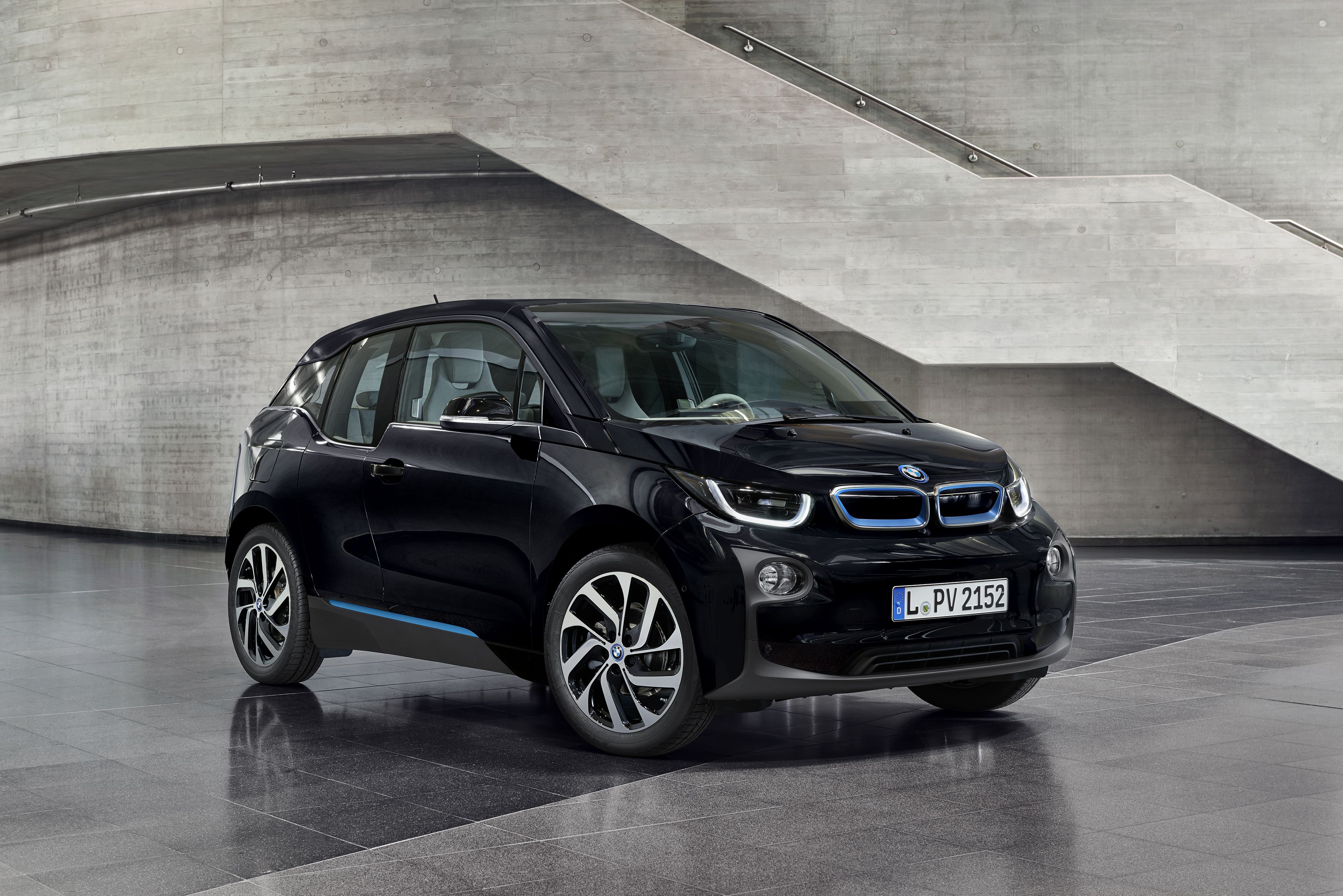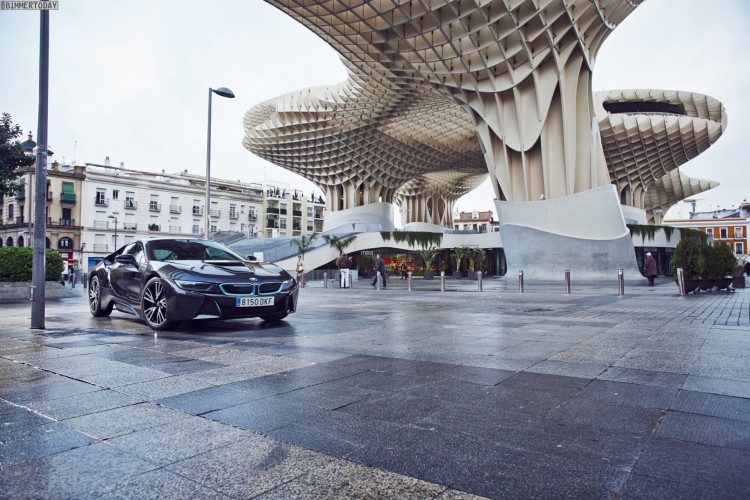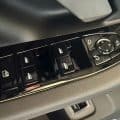The electric car battle has been heating up for the past couple of years now. The Tesla Model S kinda of jump started it and now we have cars like the BMW i Division producing either full EVs or plug-in hybrids. Mercedes-Benz has entered the mix with the B Class and Audi is getting involved too, with its upcoming Q6 e-tron Quattro Concept. So there’s quite a lot going on in the world of electricity already, but it’s possible that things start to heat up even more and Volkswagen is to thank for that.
We all know of the recent Volkswagen scandal that could potentially destroy the clean image of diesel engines that automakers have worked so hard to create. Volkswagen cheated on its emissions for some of its diesel engines and now has put a stop sale on all vehicles with those engines. It’s a mess for VW Group, including Audi and Porsche. But because of this scandal, all of the diesel trust that automakers built up with customers, especially American customers, has been wiped away. This will inevitably slow diesel sales, if not almost stop them dead.
If diesel sales slow down to the projected levels, that takes one kind of fuel efficient means of transportation out of the picture and leaves room for EVs to grow. Plus, with the new found distrust of the diesel engine, people might want to jump ship to electric mobility sooner, as it is cleaner.
A fun little chart, from the Union of Concerned Scientists, shows just how much cleaner plug-in hybrids and fully electric vehicles are than their conventional gasoline counterparts. It doesn’t take diesel engines into account, even though diesels are far cleaner than gasoline engines, but it likely doesn’t matter as most Americans simply aren’t factoring diesels into the equation any longer.
According to the chart, the BMW i3 makes an extremely low 202 grams of Co2e, which is the equivalent of a gasoline car that gets 54 mpg. This is much lower than the standard EV’s 239 grams of Co2e, as the i3 is the most efficient car on sale in America. However, EVs and plug-in hybrids aren’t all created equal. The BMW X5 xDrive40e creates a whopping 449 grams of Co2e, the equivalent of a car that gets 24 mpg. So the idea of getting a hybrid over a diesel isn’t necessarily the cleaner option in all cases. The BMW X5 xDrive35d is likely the cleaner vehicle, because the xDrive40e still uses a conventional gasoline engine, which is far less efficient as the diesel.
But none of this really matters, as Volkswagen has forever tainted diesel engines. Whether or not what Volkswagen did was as bad as most people are saying is irrelevant. The fact is that Volkswagen’s lie broke the trust of the consumer, who thought that their diesel car was every bit as clean as VW had advertised. Now that the level of trust has been broken, most consumers won’t even think of diesel in the future and by the time anyone could repair that reputation, diesels will probably already phased out.
The electric vehicle is going to get a huge boost in both popularity and funding, now that diesel has been tainted yet again. Not only will customers buy more of them, but automakers will make even more EV models, as to try and boost their eco-minded brand image. In turn, governments will subsidize EVs even more, offering even more incentives. Automakers will get more government backing for research and development and cities will offer more EV friendly charge points. The EV game has now been blown wide open.
Diesel fuel is still an efficient fuel. It’s less harmful to the environment than even the most efficient of gasoline engines. In the giant game that is the automotive landscape, diesel fuel’s bad reputation was finally going away and it looked as if it was going to finish its remarkable come back from the dreadful ’60s and ’70s that plagued it. However, Volkswagen fumbled the ball on its own 10 yard line in the fourth quarter and it looks like electric vehicles are going to take the win.








































































